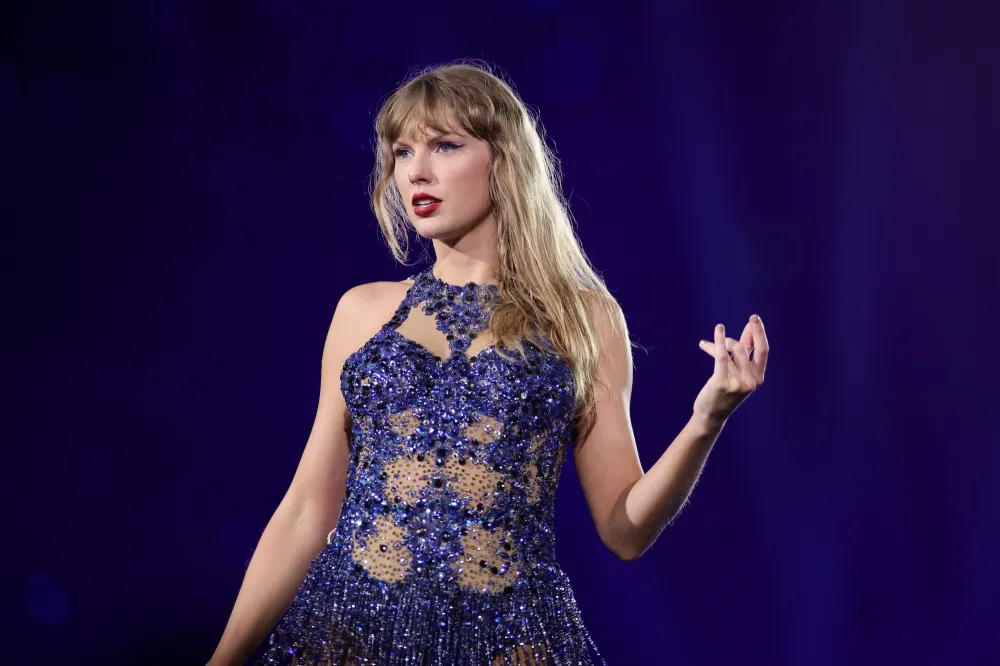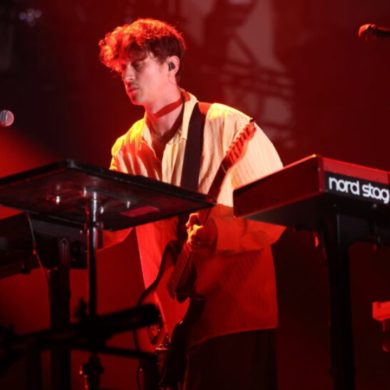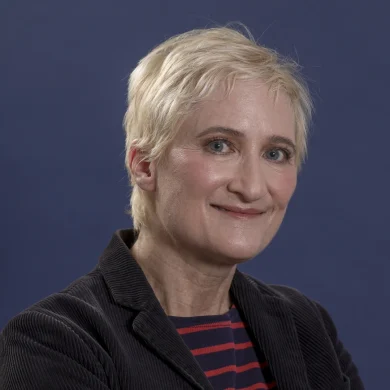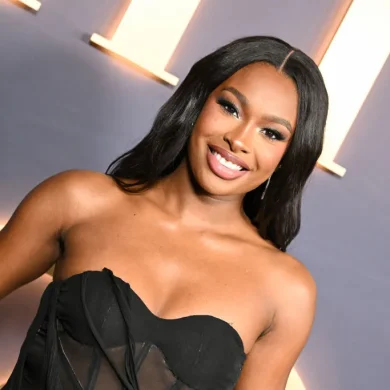As streaming continues to dominate the way people consume music, some of the industry’s biggest names have openly criticized platforms like Spotify for their payment structures and business practices.
Spotify, in particular, has drawn criticism for its royalty distribution model, which pays artists based on a market share system—calculating earnings as a percentage of total streams rather than a fixed amount per play.
This differs from traditional sales models, where artists receive a set fee for each album or track purchased. Additionally, Spotify and other streaming platforms have faced backlash for spreading misinformation about COVID-19 and other politically sensitive topics.
Taylor Swift
One of the earliest and most high-profile critiques of Spotify came from Taylor Swift in 2014, when she removed her entire discography from the platform.
She explained, “I’m not willing to contribute [my] life’s work to an experiment that [I don’t] feel fairly compensates the writers, producers, artists, and creators of this music.”
In response, Spotify launched a social media campaign urging Swift to reconsider. CEO Daniel Ek later wrote an open letter claiming that a major artist like Swift would earn more than $6 million per year through the platform. However, her then-label, Big Machine, disputed those figures.
The standoff lasted three years until Swift’s catalog returned to streaming in June 2017, following the success of her 1989 album. At the time, her team stated: “In celebration of 1989 selling over 10 million albums worldwide and the RIAA’s 100 million song certification, Taylor wants to thank her fans by making her entire back catalog available to all streaming services.”
Swift has since embraced streaming, even recording a message for Spotify subscribers in 2024 after being named the platform’s most-streamed artist for the second consecutive year, with over 26.6 billion streams.
“I just wanted to say thank you so much for being one of my top listeners on Spotify, that’s so nice of you,” she said in a video. “I look back on this year and think about how special you guys made it for us being on the Eras Tour.”
Jay-Z
Jay-Z’s music has been removed from Spotify multiple times over the years due to his complicated relationship with streaming services. In 2014, he co-founded the rival platform Tidal, with artists like Beyoncé, Rihanna, Kanye West, Nicki Minaj, and Madonna joining him as co-owners.
In an interview, Jay-Z explained that he created Tidal to restore respect for music and ensure fairer compensation for artists and songwriters. The service promised higher royalty rates and offered high-fidelity audio for subscribers.
Jay-Z’s catalog eventually returned to Spotify in December 2019, in celebration of his 50th birthday. Despite this, his company Tidal has faced scrutiny, with former collaborators West and Minaj expressing their own criticisms of the platform.
Drake
In late 2024, Spotify found itself entangled in a high-profile feud between Drake and Kendrick Lamar.
Drake’s company, Frozen Moments, accused his and Lamar’s record label, Universal Music Group (UMG), of conspiring with Spotify to artificially boost streams for Lamar’s diss track, “Not Like Us.”
According to the lawsuit, UMG allegedly launched a campaign to “manipulate and saturate” streaming services with the song, offering Spotify a 30% discount on licensing fees to increase its visibility on playlists.
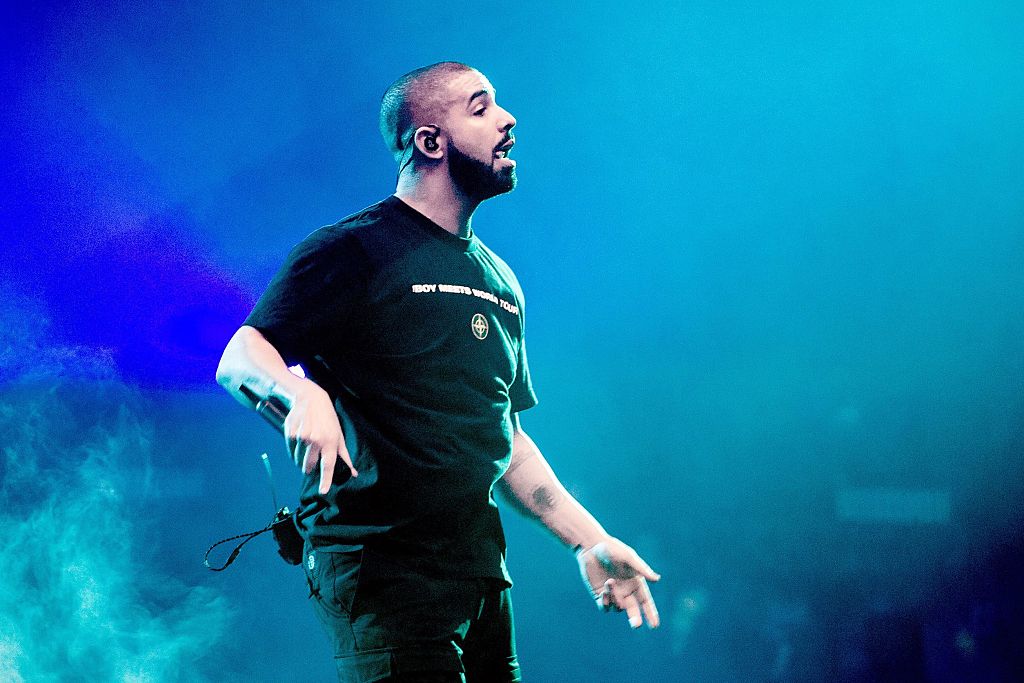
Spotify denied any special arrangement with UMG and sought to have the case dismissed, calling Drake’s claims a “subversion of the normal judicial process.” UMG also rejected the allegations, labeling them “offensive and untrue.”
The legal battle carried into 2025, when Drake filed another lawsuit accusing UMG of exploiting Lamar’s track to promote false and harmful claims about him. UMG has continued to deny any wrongdoing.
Björk
Icelandic artist Björk has been vocal about her disapproval of Spotify, calling it “probably the worst thing that has happened to musicians” in a January 2025 interview with Swedish newspaper Dagens Nyheter.
The singer argued that low streaming royalties have forced younger musicians to rely heavily on touring to make a living.
“I’m lucky because I no longer have to raise money on touring, which younger musicians are often forced to do,” she noted.
Despite her criticisms, Björk’s music remains available on Spotify as of early 2025.
Garth Brooks
For years, country music legend Garth Brooks refused to make his music available on streaming services.
In 2017, he revealed that he had met with both Apple Music and Spotify to discuss licensing his catalog but ultimately walked away from any potential deals.
“They came in with their own set of rules, and if you’re already established, you have to change to get to them,” Brooks told Billboard at the time. “I’m never going to change to fit their rules.”
Instead, Brooks signed an exclusive deal with Amazon Music, stating that he appreciated the company’s dual role as a music platform and a retailer. “It is a joy to work with a company that is all about the customer when it comes to service, and all about the music and its creators when it comes to the music,” he said.
In 2023, Brooks explained that he chose Amazon because it actively promoted physical album sales, ensuring songwriters received proper compensation.
Joanna Newsom
Progressive folk artist Joanna Newsom has been a fierce critic of streaming services, comparing Spotify to “a villainous cabal of major labels” in a 2015 interview with The Los Angeles Times.
She accused streamers of intentionally bypassing fair artist compensation and described their royalty payouts as “infinitesimal.”
“It’s set up in a way that they can just rob their artists,” she said. “Most of their artists have no way to fight it because they’re contractually obligated to stay with the label.”
Spotify responded by suggesting Newsom misunderstood how its business model supported musicians, calling itself “the single biggest driver of growth in music” at the time.
As of 2025, Newsom’s music remains unavailable on Spotify, though her catalog is now accessible on Apple Music and Deezer.
Prince
For much of the 2000s, Prince actively restricted access to his music on digital platforms, including iTunes and YouTube.
In 2010, he told The Daily Mirror, “The internet’s completely over… It’s like MTV. At one time, MTV was hip, and suddenly it became outdated.”
In the final years of his life, Prince allowed Jay-Z’s Tidal to exclusively stream his last two albums. After his passing in 2016, his estate partnered with Spotify and Apple Music to make his full catalog widely available.

